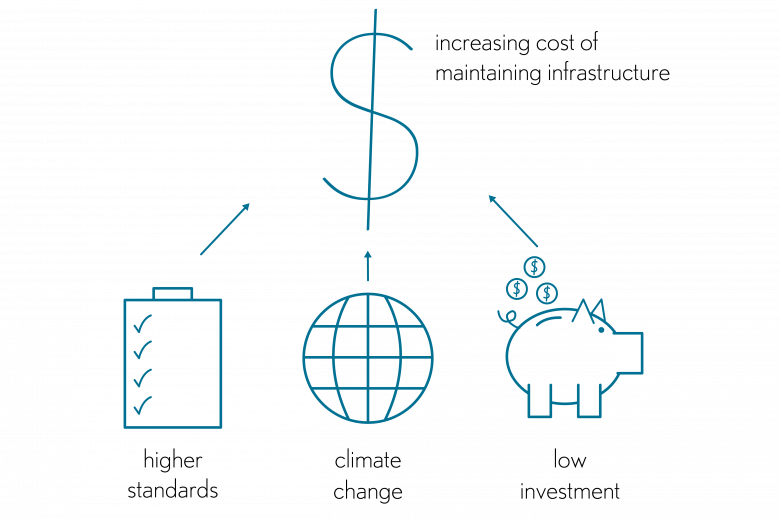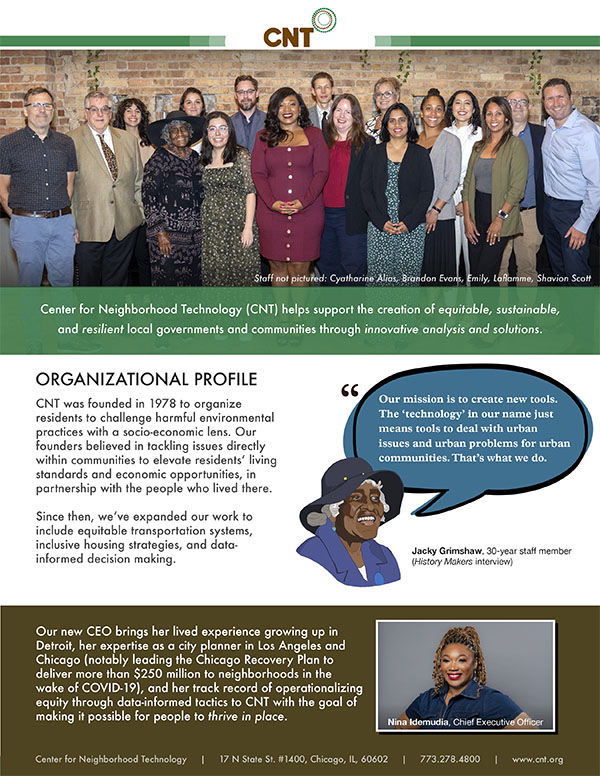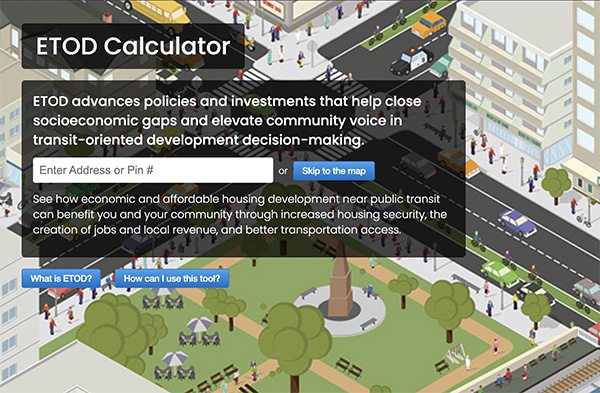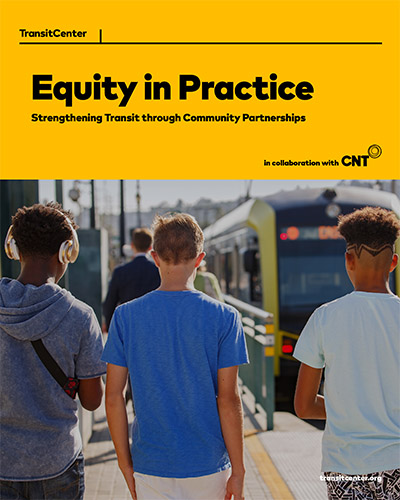If your organization is interested in partnering with us as we work toward demonstrating solutions for tackling water infrastructure risks in the Great Lakes Basin, please contact Anna Wolf.
It could cost Great Lakes states $200 billion over the next 20 years to bring drinking and wastewater infrastructure to a state of good repair. One of the primary drivers of sky-rocketing infrastructure investment needs is a history of low investment. The vast majority of water supply and wastewater infrastructure was installed in the early 20th century and is over 100 years old. To add fuel to the fire, increased federal regulations, climatic stressors, and rising construction costs all exacerbate the level of infrastructure investment needed.
Cities that have faced industrial disinvestment are particularly vulnerable given infrastructure that may be overbuilt for current needs, economically disadvantaged residents struggling to afford bills, and little new growth-based revenue. These factors conspire to create an untenable cost burden on low- and fixed-income ratepayers and prevent utilities from proactively addressing infrastructure needs, increasing the risk of system failure.

The Flint, MI water crisis and the ensuing response has raised awareness of these issues regionally and nationally, and organizations are expanding the capacity of communities to understand and begin to address their water system needs. Yet, CNT’s research and engagement work has shown us that in many ways water infrastructure is a decade or two behind other infrastructure systems like electricity and transportation in terms of adopting innovations in analysis, planning, transparency, financing, and customer engagement to improve performance and achieve cost savings. Our work has also shown us, fortunately, that cities can approach their water issues in new ways when given the tools for action.
Working with post-industrial Great Lakes cities through a competitive application process, CNT researched issues and then implemented three multi-day workshops in Dearborn, MI; Flint, MI; and Gary, IN and is providing ongoing technical assistance to those communities to help them implement their priority actions. CNT has also provided technical assistance to Buffalo, NY on financing options for their lead service line replacement challenge, and has created case studies on Denver, CO; Lansing, MI; Madison, WI; and Philadelphia, PA. In addition, we created a webinar series to share our learnings and provide a forum for national experts to present their knowledge, particularly as it applied to economically distressed Great Lakes communities.
The next stage of the effort will include additional workshops in new Great Lakes cities, providing ongoing technical assistance to Dearborn, Flint, and Gary, and adding two new cities to the effort. CNT will also create and disseminate new Innovation Strategy Guides as resources for other Great Lakes communities to address common barriers to water system innovation. Through this work, we expect to see advancements in the Great Lakes region towards positive water infrastructure choices that value affordability, equity, and environmental sustainability. Cities will be better equipped to identify new solutions as they become part of a growing regional effort towards innovation.





 Strengthening Transit Through Community Partnerships
Strengthening Transit Through Community Partnerships

